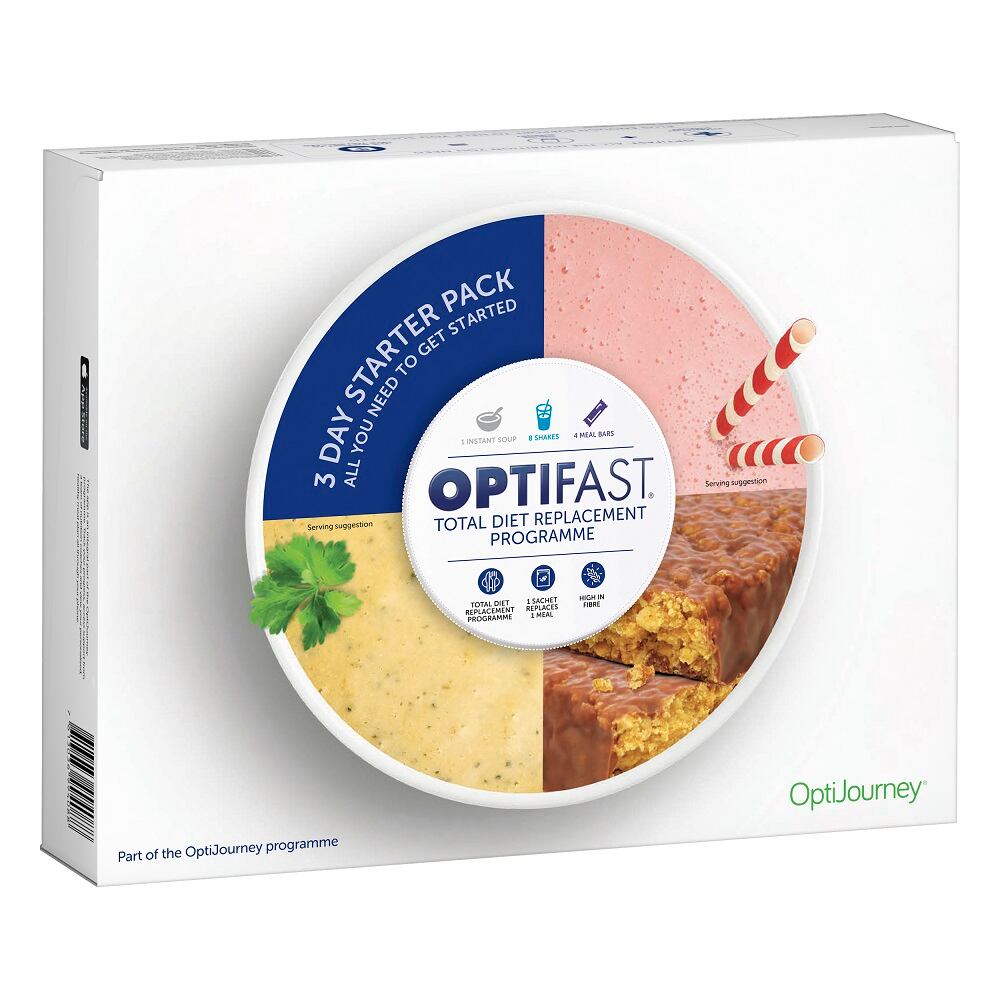Patients at the six stores will be able to access OptiJourney, a programme which is built around a calorie intake of 800-850 a day achieved by replacing all food with Optifast shakes, bars and soups for 8-12 weeks, and followed by a month of gradual reintroduction of normal food.
All participants will be screened by Tesco pharmacists and supported by OptiJourney coaches, who can be accessed via the dedicated app, then they will be given access to a dietitian when reintroducing food.

Nestlé says its Optifast range, which includes a chocolate, strawberry and vanilla shake, a vegetable soup (each 200 calories) and a range of bars (160 calories, 16g of protein and 24 Vitamins & Minerals per bar), provide adequate amounts of all essential nutrients required in an adult’s daily diet.
Nigel Bathurst, Business Executive Officer of Nestlé Health Science, said: “It’s an enormous privilege to join Tesco in taking our mission of advancing the therapeutic role of nutrition to people with type 2 diabetes and prediabetes...
"We believe [OptiJourney] can be truly transformational. Business really can be a force for good and can help change lives for good.”
While Nestlé does not claim every participant will achieve remission, it points out that weight loss for people with type 2 diabetes and prediabetes has other recognised health benefits.
Mode of delivery
OptiJourney comprises three key stages:
- Phase 1: 8-12 week total diet replacement (a nutritionally complete programme consisting of Optifast soups, shakes and bars, providing approximately 800-850 kcals/day)
- Phase 2: Four week phase for food reintroduction and step-wise reduction of Optifast products
- Phase 3: Weight maintenance phase
The programme will be delivered through in-store pharmacies, with a specially designed mobile application for remote support throughout. Screening, enrolment and clinical monitoring during phase 1 is led by a Tesco pharmacist, and additional monitoring is provided at a lower frequency in phases 2 and 3 in the pharmacy setting. Throughout the programme, education, behaviour change and coaching support is delivered via the mobile application, which also allows participants the ability to monitor their progress and track lifestyle habits related to the programme.
Participants - required to have a diagnosis of type 2 diabetes or have their GP confirm prediabetes - will purchase an OptiJourney starter pack for £50, with the shakes, bars and soups required for the first three days, as well as access to remote support delivered via the mobile application. Cost of the total diet replacement food amounts to £2.20 per meal.
Science-based nutrition
Formed in 2011, Nestlé Health Science produces almost a billion of science-based nutritional solutions each year, addressing a spectrum of ages and health conditions, from paediatric allergy, to malnutrition amongst the frail elderly www.nestlehealthscience.co.uk
The firm describes its Optifast range as a selection of meal replacement products that provide all your essential nutrients for the day, developed specifically for medically supervised weight loss.
Low calorie weight management research
The evidence that a low calorie weight management programme can put type 2 diabetes into remission in some people has been growing in recent years. The main example is the groundbreaking DiRECT study, supported by 'The 1:1 Diet by Cambridge Weight Plan', using their products and their programme which is delivered face-to-face, by their 6000 trained Consultants all over the UK. This was a cluster randomised controlled trial, which investigated whether intensive weight loss could lead to remission of type 2 diabetes.
The trial was carried out in 49 GP practices in the Northeast of England and in Scotland. These practices were randomised to either the weight management programme or the standard best care.
The results from this trial found that 46% of participants from the weight management arm were in remission at one year (57% who lost 10-15kg), and that at 24 months 70% of those who’d achieved remission in year one were still in remission. Remission was strongly related to weight loss.
Compared to the control group, those in the programme were found to have better quality of life and less need for diabetes medications. Access to behavioural support from health professionals was considered an important factor in successful outcomes.
Background
Over 3.2 million people in the UK have type 2 diabetes and that number continues to rise. Around 7 million people are thought to have elevated blood glucose levels, sometimes known as prediabetes, and are at increased risk of developing type 2 diabetes if not addressed through lifestyle changes, including weight loss.
Diabetes costs the NHS around £10bn each year, which amounts to about 10% of the NHS budget.

